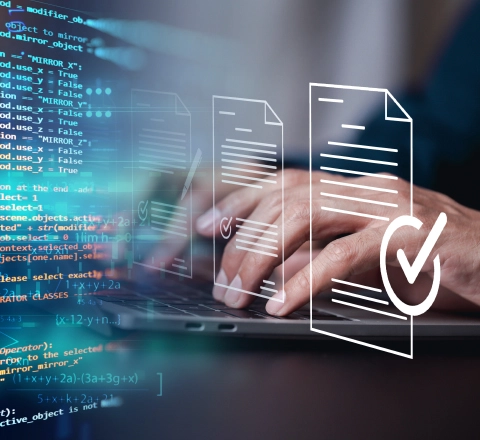DNS tunneling is a method that allows attackers to exploit the
DNS protocol to bypass security controls and exfiltrate data or
establish command and control (C2) channels. Since DNS is often
allowed through firewalls and is a trusted protocol, it is an
attractive technique for attackers to bypass security measures and
extract sensitive data. To detect these threats accurately and
quickly, TCPWave has designed a detection approach based on a
Convolutional Neural Network (CNN) with minimal architecture
complexity. The lack of quality datasets for evaluating DNS Tunneling
connections prompted us to construct a novel dataset containing DNS
Tunneling domains generated with many well-known DNS tools. Despite
its simple architecture, the resulting CNN model correctly detected
more than 98% of total Tunneling domains with a false positive rate
in decimals. The ever-increasing rate of cyber threats has made it
critical for organizations to safeguard their networks and sensitive
data as DNS exfiltration is just one method attackers use to exploit
vulnerabilities in the DNS protocol, causing financial and
reputational damage. Ransomware attacks have caused significant
financial losses to organizations in recent years, and it is
predicted that the cost of such attacks will reach $40 billion by
2024.
A recent study found that most ransomware attacks, specifically
76%, were executed outside of regular working hours. The same study
discovered that 45% of the attacks started through email, phishing,
and business email compromise. The remaining 21% of attacks were
aimed at remote servers, with other methods such as third-party
contractors, misconfigured cloud instances, remote desktop protocol,
and USB media also being used. Ransomware is usually extorted in
bitcoins to avoid being traced by law enforcement. TCPWave, an
organization, provides a range of features such as a powerful AI
algorithm, strong security policies, proper enforcement of data
protection, and many best practices to protect from ransomware. The
dark web is a hidden section of the internet that necessitates
specialized software or configurations to access, which is often
associated with illicit activities such as drug sales, weapons
trading, and cybercrime. It can be used for legitimate purposes such
as whistleblowing and anonymous communication, but its anonymity can
make it a haven for criminals. As a result, individuals should be
mindful of the potential dangers and exercise caution when using it.











